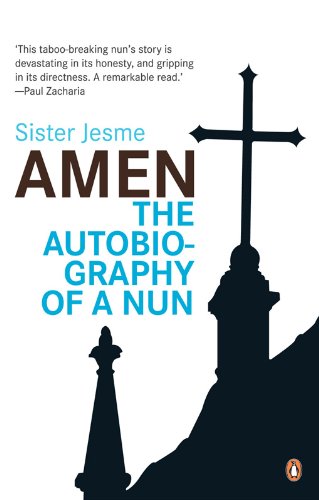Religious institutions are governed and managed by authorities who are mortal yet professing deep spiritual commitment to the dogmas of their faith. The Catholic Church and its institutions are no exception. As such, they are expected to set high moral standards and are looked up to for guidance on a range of contentious human ethical issues all over the world. It is, in fact, a commonly held notion that morality is a chief concern of Christianity and the Church.1 There are, however, deep divisions between Christian traditions and within churches on issues such as homosexuality, race, abortions and contraception. In India too, churches and their individual members wrestle routinely with hard ethical choices and while laudable for their services both religious and otherwise, churches have not been totally free from untoward scenes. The book under review is relevant in this context as it offers an insider’s story of what happened to Sister Jesme within the precincts of a Catholic Convent in Kerala.
This book, written in bold relief, is the personal story of Sister Jesme who spent more than three decades in a convent in Kerala before her ‘escape’ to the world outside its ‘closed walls’. What prompted the author to enter into this self-narrative is evident from her own acknowledgements and notes. According to the author, the book took shape while she was going through ‘inner turmoil’ and facing ‘turbulence all around’ after leaving the order and it was written to ‘provide a cathartic relief and self-reflection’. Sr. Jesme makes it clear that the frankness with which the book has ‘disclosed the hitherto hidden life’ within the convent, should not be misconstrued as an instrument to ‘hurt those inside the iron curtain’ or as an ‘attempt to sully the sacred reputation of the Church or the Religious congregations.’ The avowed aim of the book is said to be ‘solely reformation of the Church’ and she notes: ‘Let the fresh breeze enter the closed walls and purify its stinking corners. May the Holy Spirit liberate the chained souls in the dungeon-like interior of the Holy abode.’ On a personal register she observes: ‘It exercises the mind and is also a spiritual activity. It will help launch me onto the next phase of my life…. I seek to learn from all that has happened in my life so far and try to gain wisdom for the future. To the society around me, I owe it to share my experiences in all their bareness and totality.’

